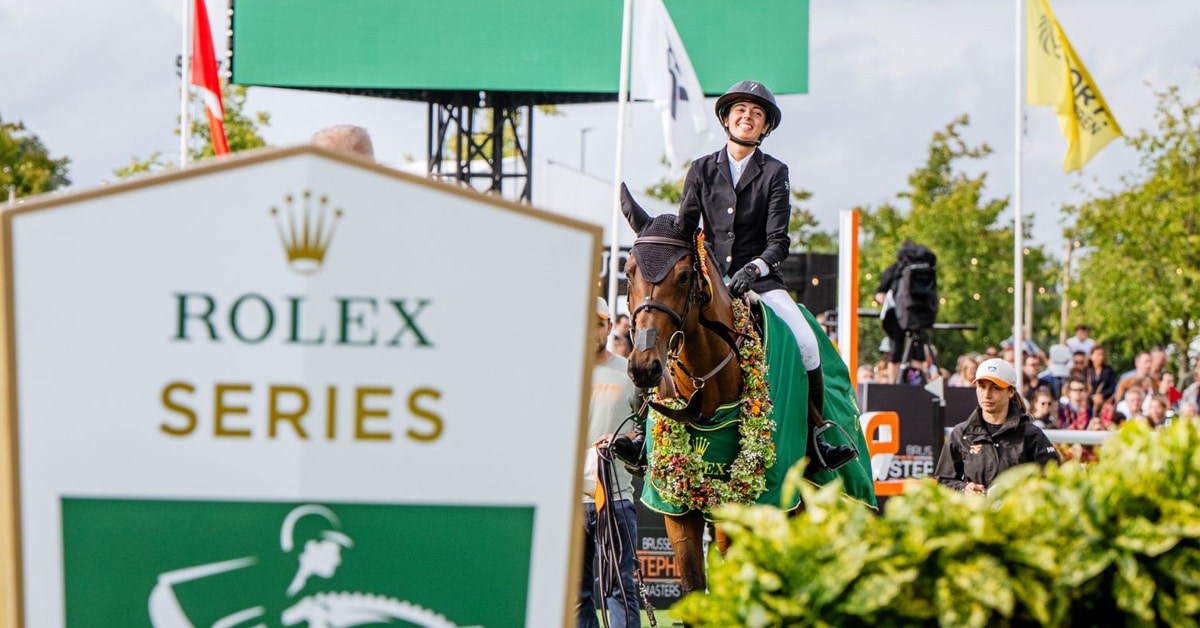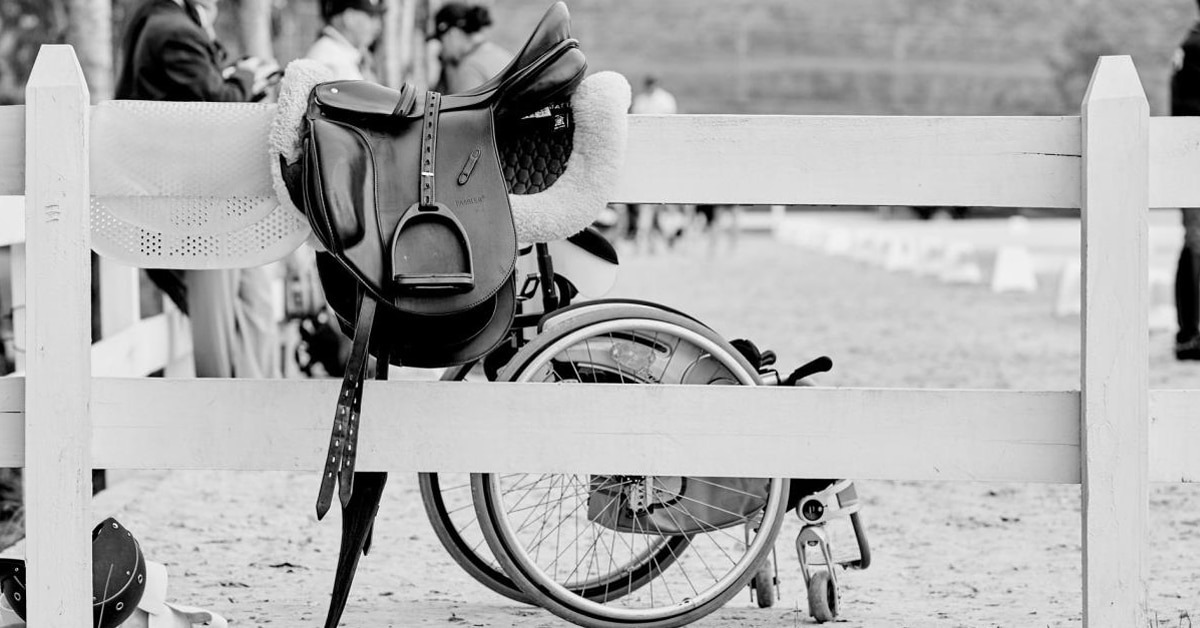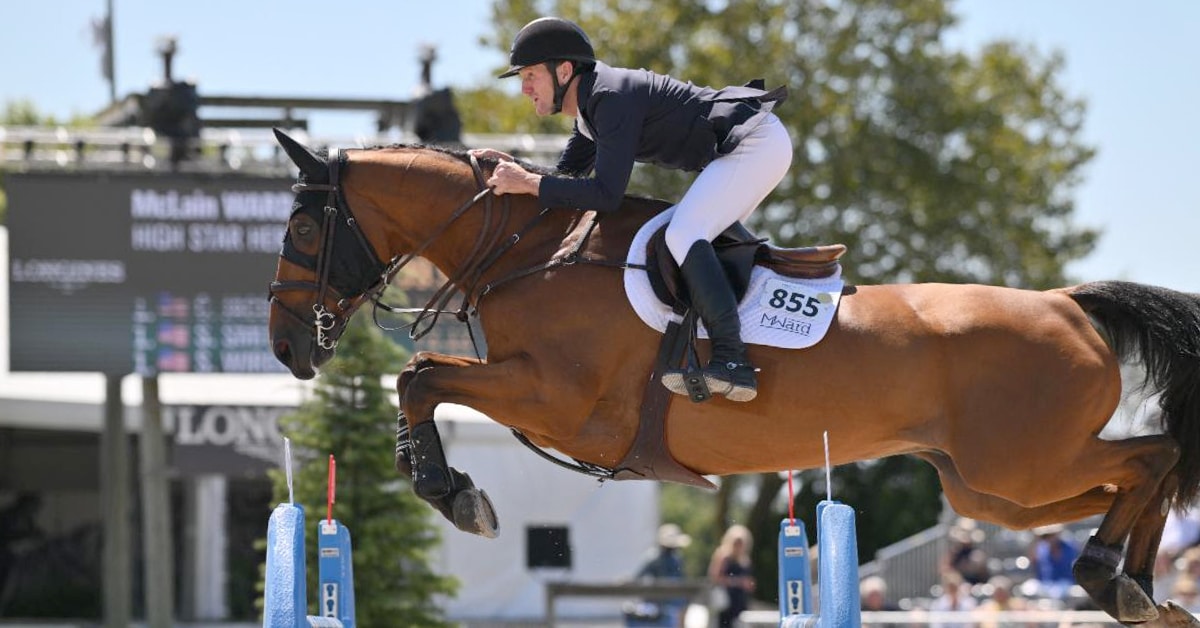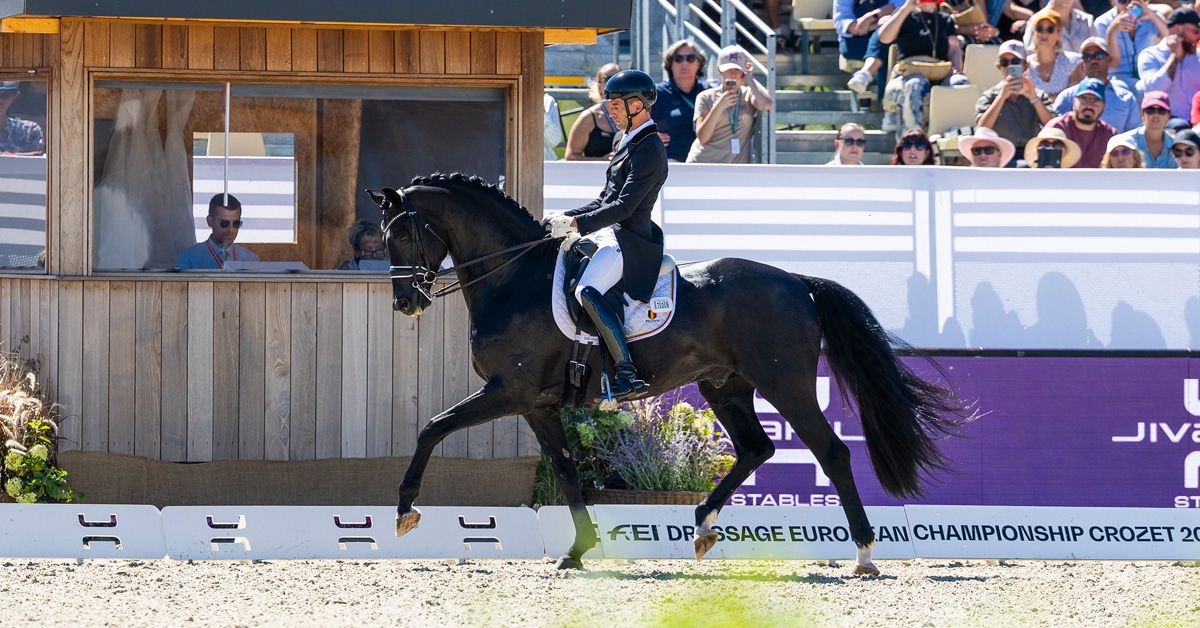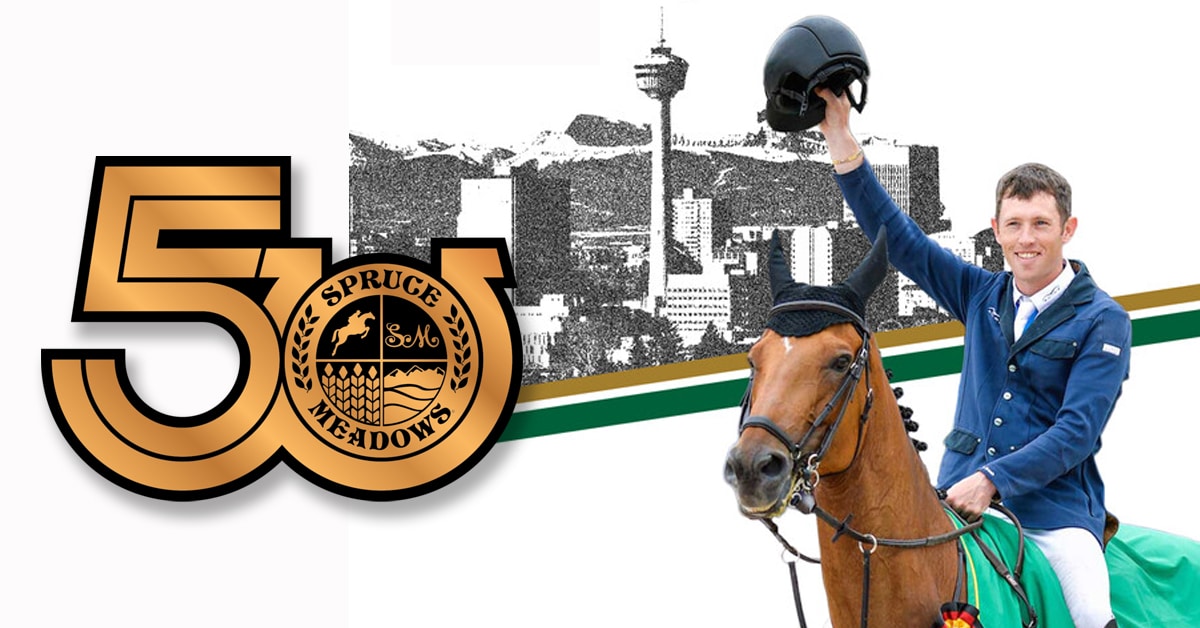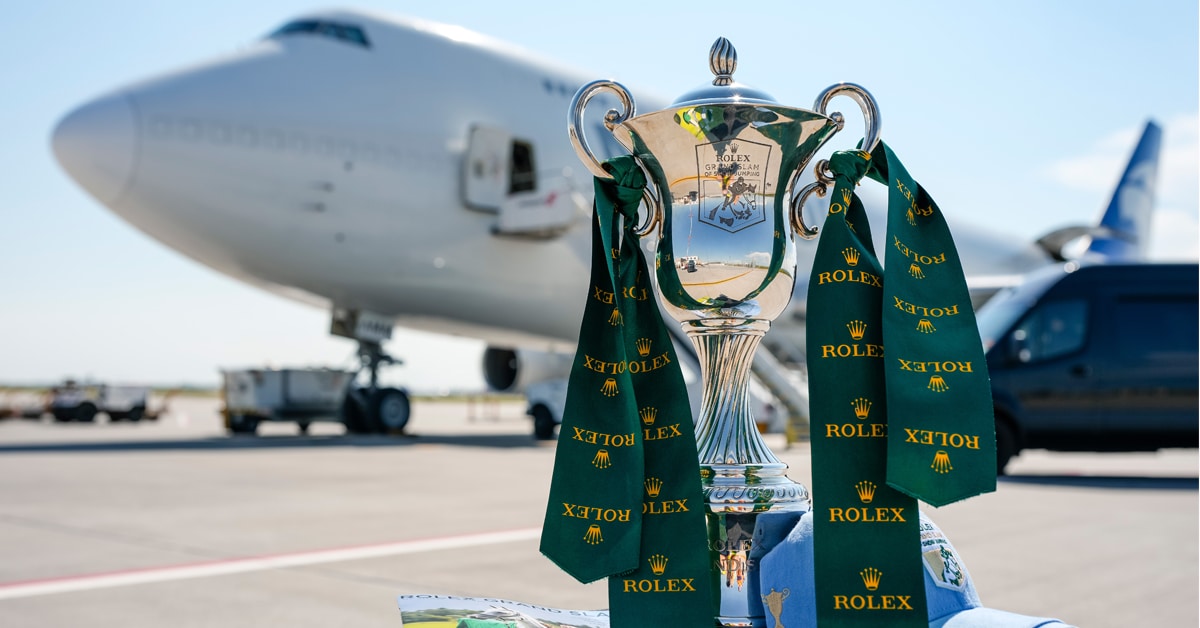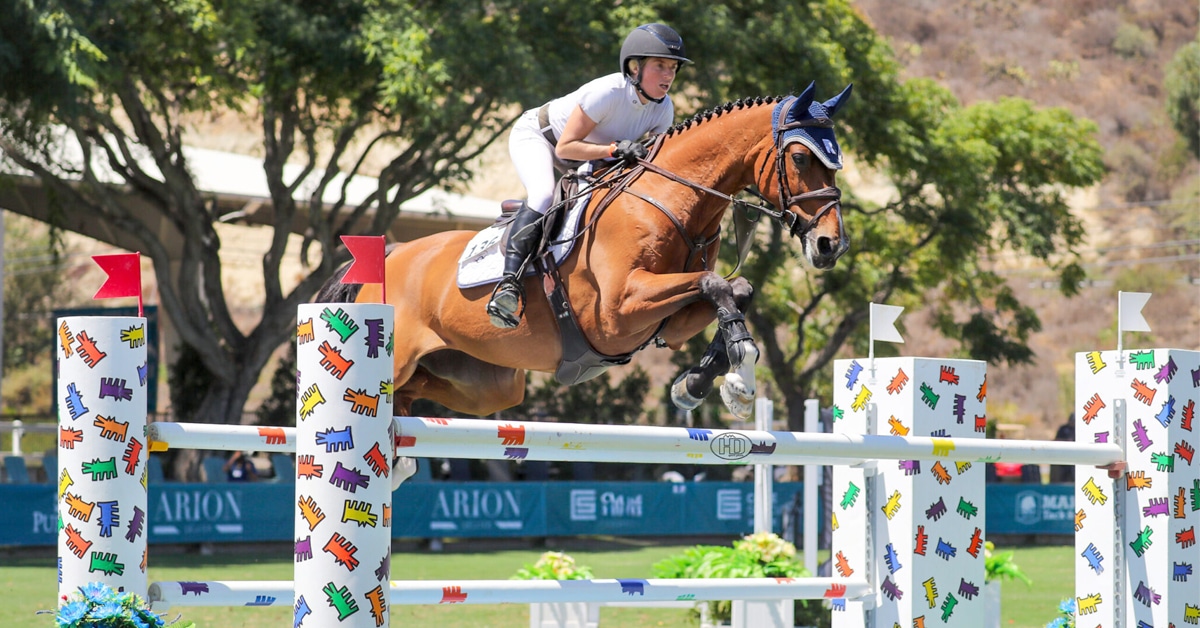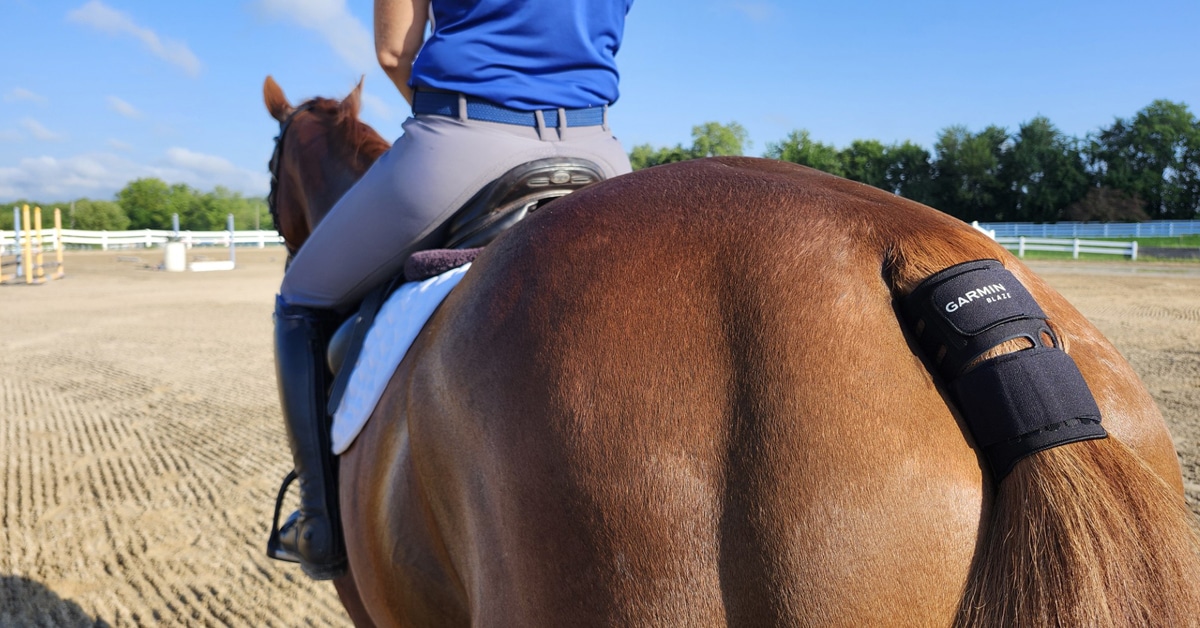Eighteen of 28 commercially made feeds from Switzerland and neighbouring Germany have been found to contain naturally occurring substances prohibited in FEI competition.
A recent study by leading Swiss vets, supported by their national feed industry, looked for noscapine, papaverine, colchicine, thebaine, morphine, codeine, atropine, theobromine and theophylline, and detected one or more of them in the affected samples.
The study did not determine if the concentrations were large enough to register a positive dope test from blood or urine samples. They were detected by electrospray-ionisation high-pressure-liquid-chromatography mass spectrometry, in laboratory research.
The Swiss equestrian federation campaigns actively for clean sport and brought to public attention the extent of doping in endurance in the UAE back in 2012. But since then the Swiss have endured the short-term embarrassment of several cases of contamination-linked positives for involving their own riders in FEI and national competitions.
Most high profile was Steve Guerdat, whose London 2012 individual gold medallist Nino de Buissonets tested positive to codeine, oripavine and morphine last year. This was, in due course, attributed to poppy seed contamination and Guerdat was exonerated.
This year, Swiss para rider Matthias Klausener was cleared by the FEI Tribunal in a positive test for colchicine and demecolcine, which is closely related to colchicine. This was attributed to hay contaminated by the autumn crocus (colchicum autumnale.) Its prevalence is a major issue in mountainous regions of Switzerland, Germany, Austria and Italy.
Poppy-seed related substances have already been moved to the FEI’s “specified” category which recognises instances where food contamination by naturally occurring substances has occurred and which have a “credible, non-doping explanation.” Demecolcine and colchicine will be re-categorised similarly from January 2018.
Meanwhile, two other jumping riders and one eventer involved in demecolcine positives this spring promptly had their provisional suspensions lifted by the FEI, prior to Tribunal hearings, in anticipation of autumn crocus contamination.
In addition to feedstuffs, the study also tested poppy seeds sourced from Swiss farms and detected morphine, colchicine, codeine, noscapine, and papaverine.
The Swiss federation became aware of the autumn crocus dangers in 2015 after being forced to reimburse legal costs after a national rider successfully appealed against his six months suspension for a demecolcine positive. Armed with the knowledge from that experience, the Swiss federation then acted swiftly to support Klausener, as well as taking a prominent role in defending Guerdat.
The Swiss have decided not to pursue any new autumn crocus-related positives at national competitions, but their request that the FEI remove demecolcine and colchicine from its prohibited list altogether, instead of simply re-categorising it, was unsuccessful.
“No one would treat a horse with these substances as they are not performance-enhancing, simply toxic,” said Charles Trolliet, president of the Swiss federation and himself a vet participating in the study.
“These cases are unsatisfying for all as they only create cost, effort and work for everybody, and nobody in the end is satisfied with the result. And these cases also create and damage for the sport as no-one understands exactly what is going on, especially not the public.”
More News
